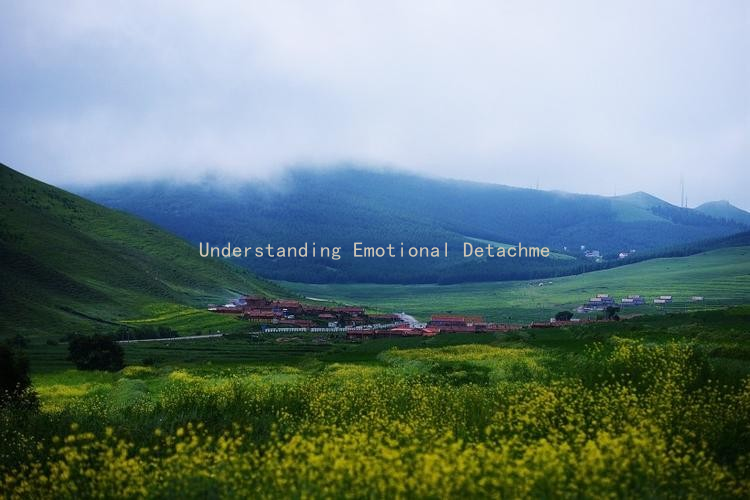Love and Bipolar Disorder: Key Relationship Advice for Couples
Love and Bipolar Disorder: Key Relationship Advice for Couples
Navigating the complexities of a romantic relationship can be challenging, and when one partner experiences bipolar disorder, these challenges often intensify. However, with understanding, communication, and effective strategies, couples can create a supportive environment that fosters love and connection. This article aims to provide essential relationship advice for couples dealing with bipolar disorder.
One of the most important aspects to understand in a relationship involving bipolar disorder is the impact of the condition on both partners. Bipolar disorder is characterized by extreme mood swings, including episodes of mania and depression. These fluctuations can affect communication, intimacy, and daily interactions. For the partner without the disorder, it’s crucial to educate themselves about the condition. Understanding the symptoms, triggers, and treatments will help them empathize and provide appropriate support.
Effective communication is key in any relationship, but it becomes even more critical when bipolar disorder is involved. Establishing an open line of dialogue allows both partners to express their feelings and concerns without fear of judgment. It is essential to create a safe space where discussions about emotions, mood changes, and coping strategies can occur. Using “I” statements, such as “I feel worried when you seem down,” can help the partner with bipolar disorder understand the other’s perspective without feeling attacked.
Setting boundaries also plays a vital role in maintaining a healthy relationship. The partner without the disorder should communicate their limits clearly while ensuring they are supportive during difficult times. This could involve deciding when to step back to give space or determining how to share responsibilities during challenging periods. Both partners should agree on strategies for managing mood episodes and what to do when they arise.

In addition to communication and boundaries, practicing patience and compassion is essential. Living with bipolar disorder is not merely a personal challenge; it affects both partners in various ways. Works like therapy can be beneficial for both individuals and couples. Professional guidance can offer tools and strategies to enhance understanding and strengthen the relationship.
Another essential piece of advice is to maintain a routine. Life can become chaotic during mood swings, so establishing a daily structure can provide a sense of stability. Engaging in regular activities together, such as exercise, cooking, or recreational outings, can foster a deeper connection and create positive shared experiences.
Moreover, it’s vital for couples to celebrate the good times. Happiness, love, and companionship often shine brightest when both partners actively cultivate joy. Whether its planning mini-adventures or engaging in hobbies together, brightening up even the smallest moments can strengthen the bond between partners.
Self-care is equally important for both partners. The partner with bipolar disorder must prioritize their mental health and adhere to treatment plans. In parallel, the other partner should also engage in activities that support their well-being. This could involve pursuing interests, nurturing friendships, or seeking professional support if needed.
Ultimately, love in the context of bipolar disorder requires diligence and collaboration. Understanding the ebb and flow of emotions associated with the condition can help foster resilience in the relationship. By incorporating effective communication, setting clear boundaries, showing patience, and investing in mutual well-being, couples can build a loving, sustainable partnership that thrives despite challenges. With a committed effort from both partners, it is entirely possible to navigate the complexities of love with bipolar disorder and emerge even stronger.





